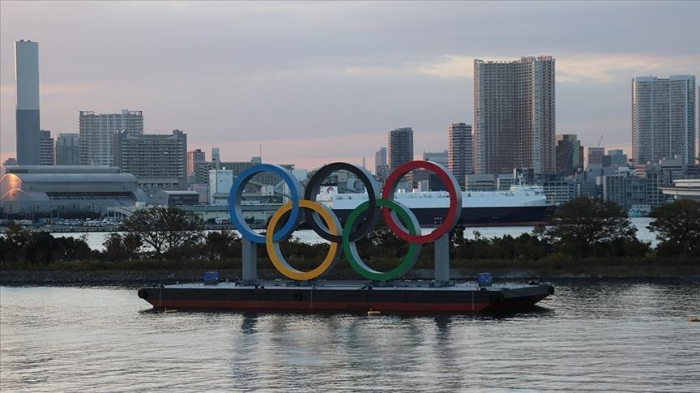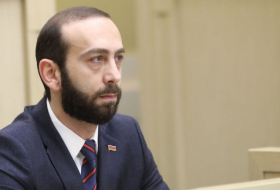The latest survey comes after Japan expanded a coronavirus state of emergency Friday as the nation battles a fourth wave of virus infections.
The surge has put pressure on the country’s healthcare system, with medical professionals repeatedly warning about shortages and burnout.
The weekend survey by the Asahi Shimbun daily found 43 percent of respondents want the Games cancelled, and 40 percent want a further postponement.
Those figures are up from 35 percent who backed cancellation in a survey by the paper a month ago, and 34 percent who wanted a further delay.
Only 14 percent support holding the Games this summer as scheduled, down from 28 percent, according to the poll of 1,527 replies from 3,191 telephone calls.
If the Games do go ahead, 59 percent of respondents said they want no spectators, with 33 percent backing lower fan numbers and three percent a regular capacity Games.
For months, polling has found a majority in Japan oppose holding the Games this summer.
A separate poll by Kyodo News published Sunday showed 59.7 percent of respondents back cancellation, though further postponement was not listed as an option.
Olympic organisers says tough anti-virus measures, including regular testing of athletes and a ban on overseas fans, will keep the Games safe.
But the Kyodo poll found 87.7 percent of respondents worry that an influx of athletes and staff members from abroad may spread the virus.
Asked about the polls, government spokesman Katsunobu Kato said the government would “make efforts so that the Japanese people understand the Tokyo Games will be held in a safe and secure manner”.
“We need to give explanations on details of the concrete (coronavirus) measures,” he said, insisting that the Games would not put further pressure on medical services.
Japan has seen a smaller virus outbreak than many countries, with fewer than 11,500 deaths so far. But the government has come under pressure for a comparatively slow vaccine rollout.
The Kyodo poll found 85 percent of respondents considered the rollout slow, with 71.5 percent unhappy with the government’s handling of the pandemic.
















































